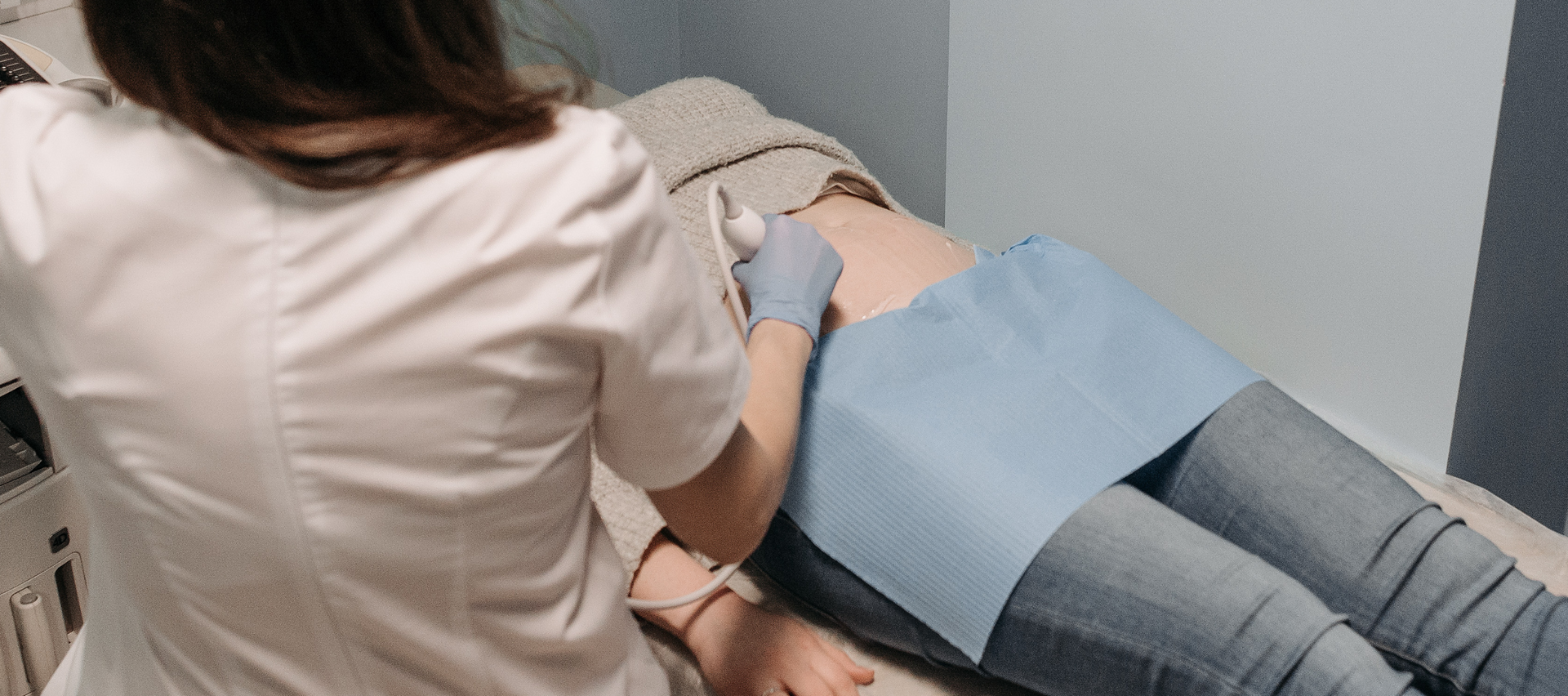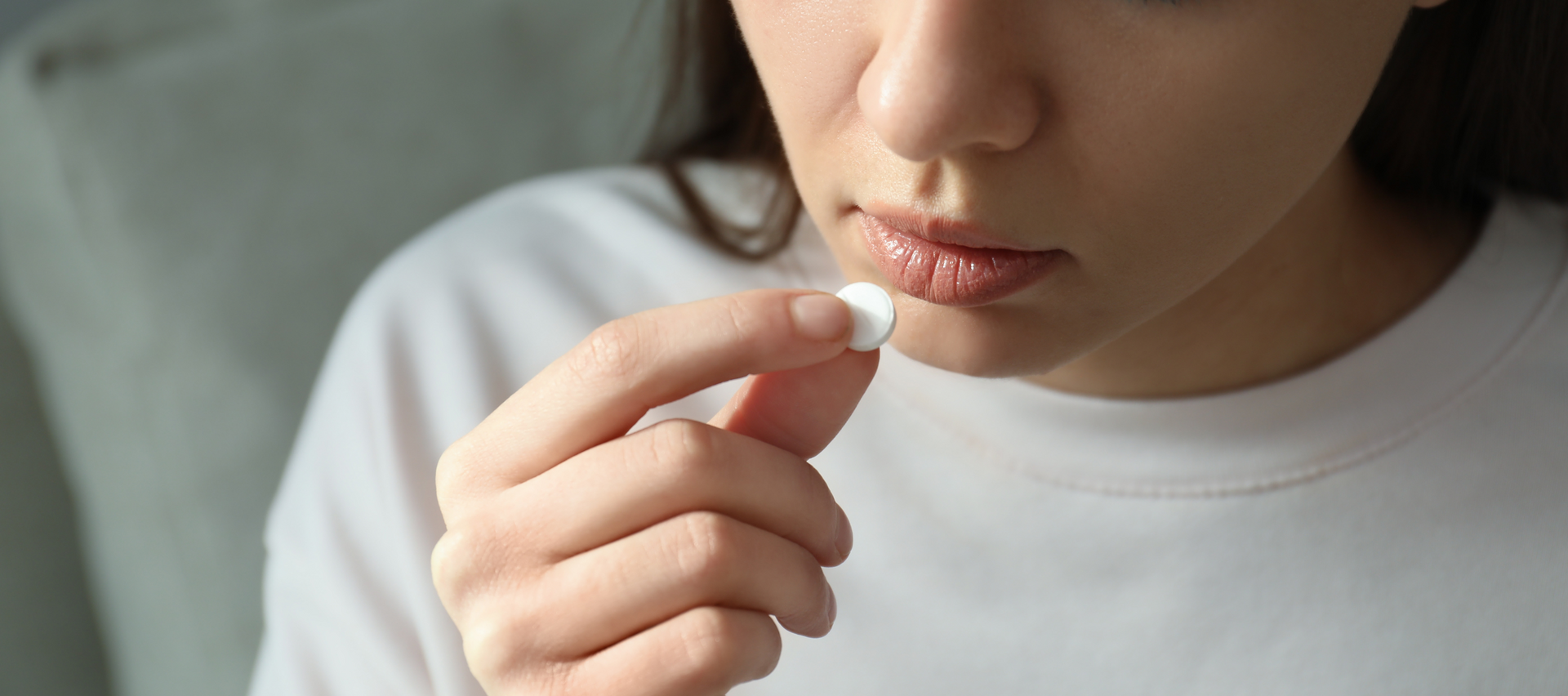
What does a healthy relationship look like?
Dating can be an exciting part of life, filled with the thrill of new connections and the potential for deep companionship. However, navigating the complexities of relationships can be challenging. Understanding what constitutes a healthy dating relationship is crucial for fostering meaningful connections and ensuring your emotional well-being. Here’s a guide to help you cultivate a healthy dating experience.
Open communication
At the heart of every healthy relationship is effective communication. Being able to express your thoughts, feelings, and concerns openly is essential. Here are some tips for using open communication:
- Practice active listening. Make an effort to truly listen to your partner. Show that you value their perspective and feelings.
- Share your thoughts. Don’t hesitate to share your own feelings and opinions, even if they might lead to difficult conversations.
- Be honest. Honesty helps build trust. If something bothers you, address it calmly and respectfully.
Mutual respect
Respect is fundamental in any relationship. Both partners should feel valued and appreciated. Here’s how to promote respect:
- Acknowledge differences. Embrace the fact that you and your partner may have different opinions, interests, and backgrounds. Celebrate these differences rather than trying to change each other.
- Set healthy boundaries. Discuss your boundaries and respect those of your partner. This includes emotional, physical, and social boundaries.
- Support each other. Encourage each other’s goals and ambitions, providing support rather than competition.
Trust and honesty
Building trust takes time and effort. It’s essential to create a safe environment where both partners can be themselves without fear of judgment.
- Be reliable. Show that you can be counted on. Follow through on promises and commitments.
- Avoid jealousy. Jealousy can erode trust. If you find yourself feeling jealous, address those feelings openly rather than letting them fester.
- Practice transparency. Share your thoughts and feelings, and encourage your partner to do the same.
Quality time together
While maintaining individual interests is important, spending quality time together helps strengthen your bond. Here are some ideas:
- Plan regular dates. Whether it’s a dinner, movie night, or weekend hike, prioritize time together.
- Try new activities. Explore new hobbies or interests together. This can lead to shared experiences that deepen your connection.
- Be present. When you’re together, focus on each other. Put away distractions like phones to enjoy meaningful interactions.
Individual growth
A healthy relationship supports individual growth. Both partners should have the freedom to pursue their interests and personal development.
- Encourage independence. It’s important for each person to maintain their individuality and independence, whether through friendships, hobbies, or career aspirations.
- Set personal goals. Share your personal goals with each other, and support each other’s ambitions.
- Celebrate achievements. Acknowledge and celebrate each other’s accomplishments, no matter how big or small.
Conflict resolution
Conflicts are a natural part of any relationship. The key is how you handle them.
- Stay calm. Approach conflicts with a calm mindset. Avoid raising your voice or using hurtful language.
- Focus on solutions. Instead of blaming each other, work together to find solutions to the issue at hand.
- Know when to take a break. If emotions run high, it’s okay to take a break and revisit the conversation later.
Building a healthy dating relationship takes time, effort, and a commitment to growth from both partners. By focusing on open communication, mutual respect, and individual growth, you can create a strong foundation for a fulfilling partnership.
AVA Care is here to Advocate for you, Validate your concerns and provide Answers to your questions. We are here for you – no matter what you decide. Schedule an appointment online or call 540.434.7528 today.

Dr. Teresa Klansek
Medical Director
The content on this page has been reviewed and approved by our Medical Director Dr. Teresa Klansek.











